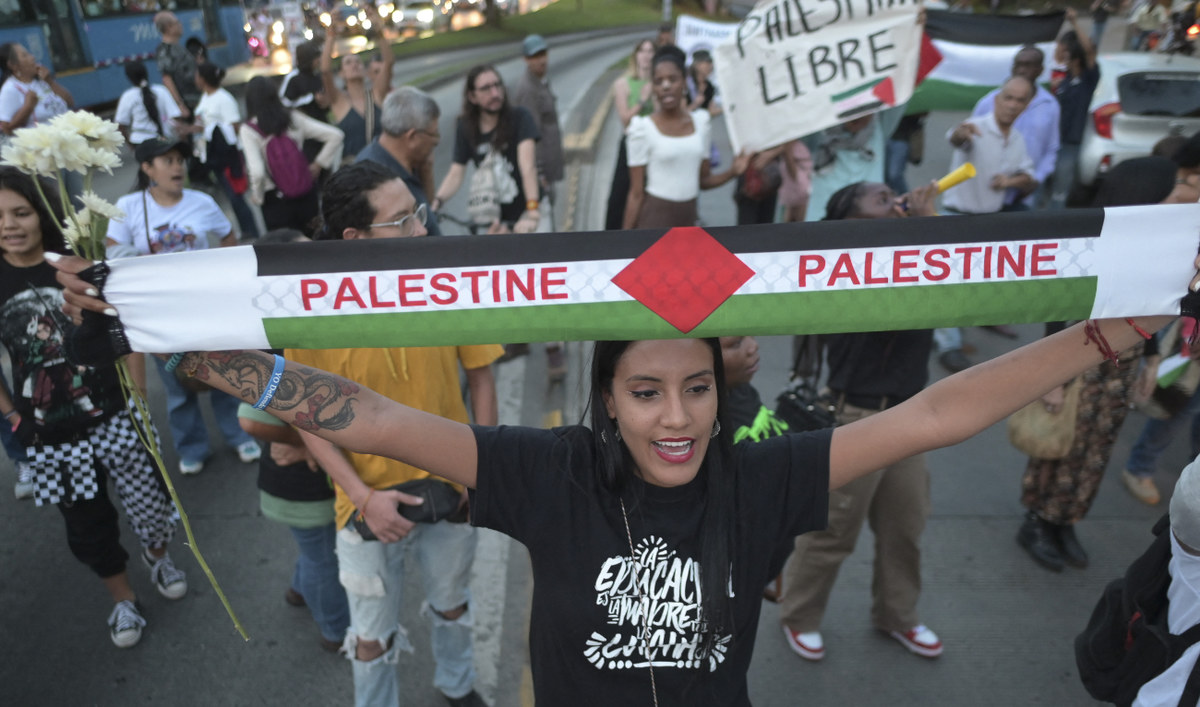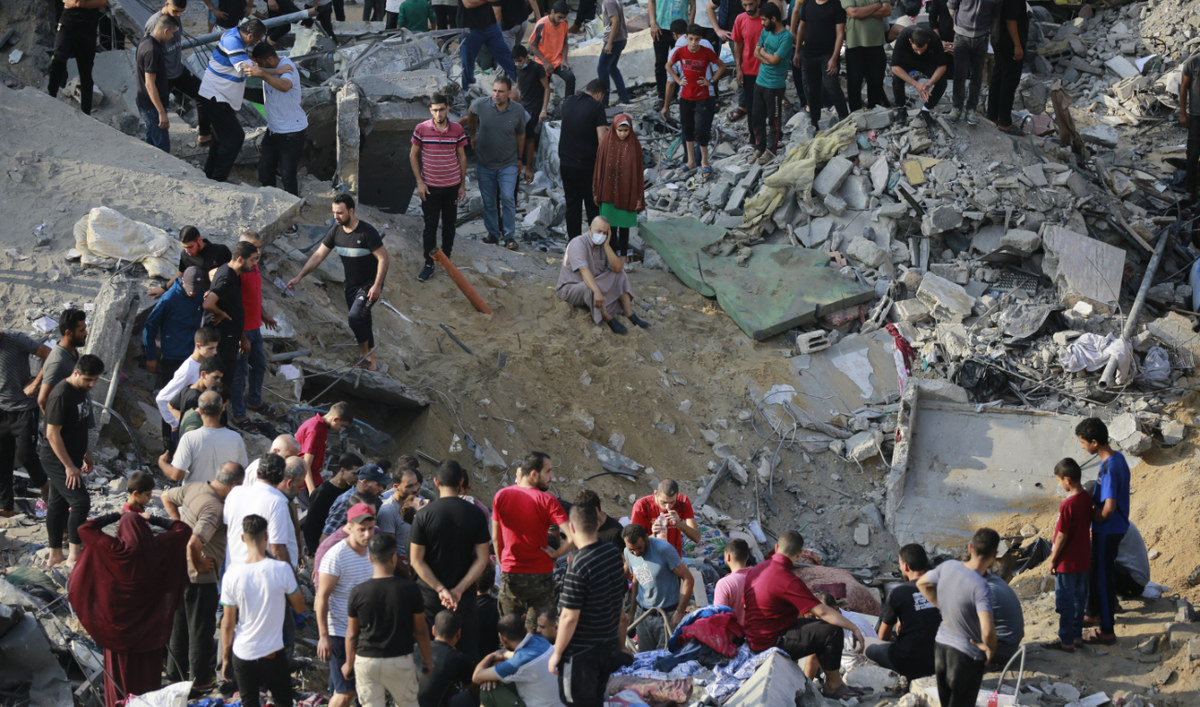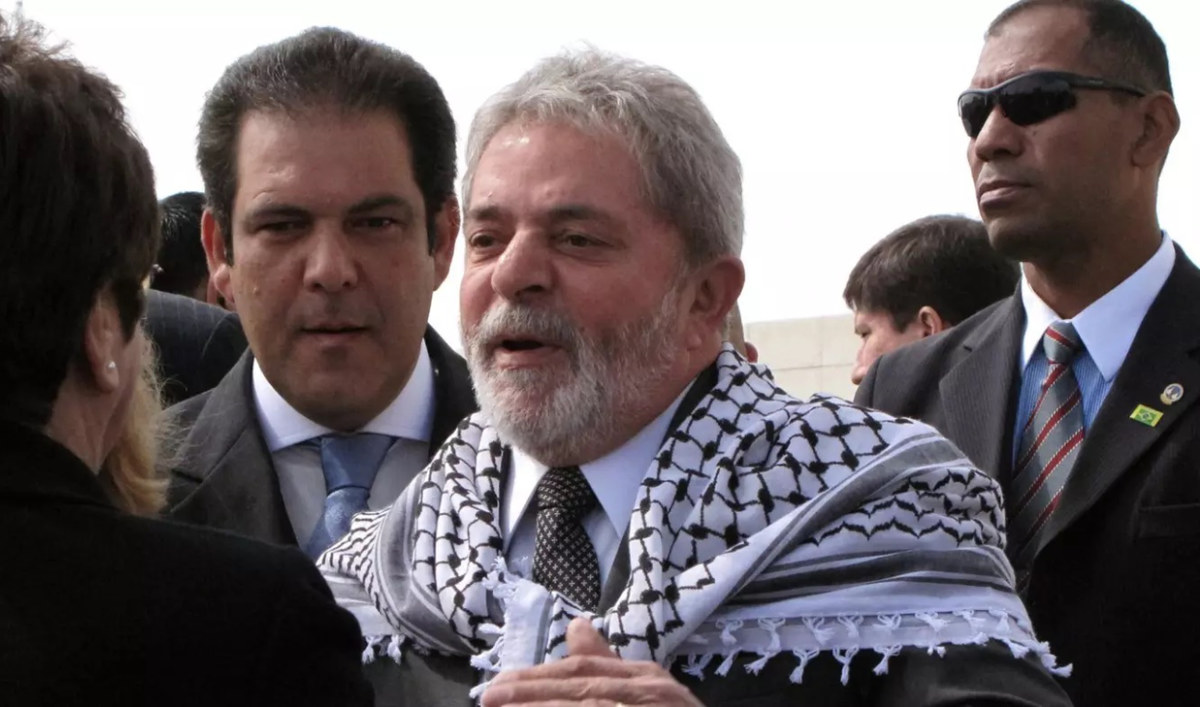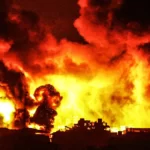SAO PAULO, Brazil: Given the escalation of the Gaza conflict, Latin American analysts have indicated to Arab News that a pro-Palestinian bloc may be beginning to form in the region. This would be a first for any region.
On October, the procedure was started. 31 when it declared that, in response to Israel’s attacks on Gaza, diplomatic ties would be severed.
Muslims in Bolivia greeted the government’s decision with great joy, according to Sheikh Isa Amer Quevedo, a political scientist who was born in Palestine and currently serves as the head of an Islamic center in Santa Cruz de la Sierra.
“Countries that commit crimes against humanity need to be held accountable.”. “Those indiscriminate strikes must stop,” Amer declared, praising Bolivia for providing 73 tons of food to Gazans and voicing the hope that other countries will do the same.
The presidents of Chile and Colombia called their ambassadors to Israel for talks not long after Bolivia made its announcement.
on October 19 on his X account. Gabriel Boric, the president of Chile, mentioned Israel’s “unacceptable violations of humanitarian international law” in Gaza on March 31.
As the more than 8,000 civilian victims—the majority of whom are women and children—show, Chile vehemently denounces and observes with grave concern that such military operations—which, at this point, (are) collective punishment of the civilian Palestinian population in Gaza—do not respect fundamental norms of international law. It is.
With up to 600,000 people, Chile has the largest Palestinian population outside of the Middle East in the world. It is a powerful and well-run community.
Yet, Prof. Chile will probably not sever ties because “its relations with Israel and the US are very important,” according to Pablo Alvarez Cabello, a Middle Eastern-Latin American relations expert at Diego Portales University in Santiago, who spoke to Arab News. “.”.
Speaking in an interview following their meeting at the White House, Boric said he shared with US President Joe Biden his worries regarding the situation in Gaza and confirmed that Israel’s response to the Oct. 7 The attack carried out by Hamas was excessive.
In a similar vein, a government statement from Colombia on Oct. The actions of the Israeli security forces in densely populated areas of Gaza, according to 31 said that Bogota “expresses its strongest rejection of those actions.”. “.”.
since October. 7. In numerous remarks on X, President Gustavo Petro has harshly criticized Israel’s Gaza offensive. He even likened Israel to the Nazis at one point.
Israel then stopped selling Colombia military hardware, but Petro stated he is prepared to break off ties with Tel Aviv if necessary.
Leader of the Colombian community Ali Nofal, who was born in Palestine, told Arab News: “We welcomed President Petro’s actions with great happiness.”. The right wing in Colombia cultivated closer ties and supported Israel’s interests for many years. There has been a significant shift recently. They said.
“There is a general shift in people’s perceptions regarding the Palestinian issue,” he continued. Consequently, an increasing number of Latin American nations are exhibiting a more impartial

Indeed, on Nov. 1 Argentina and Mexico criticized Israel’s bombing of the Jabalya refugee camp and other locations in Gaza, something that is seen as an important step for countries that have been close to Israel.
“There’s a kind of trend among the progressive administrations in the region,” Argentinian-born Rafael Masry, president of the Palestinian Confederation of Latin America and the Caribbean — known by the Spanish acronym COPLAC — told Arab News. “At this moment, we can say the countries that should’ve expressed a pro-Palestinian attitude have done so.”
He said Argentina’s Nov. 1 statement criticizing Israel has “gigantic significance” given the South American country’s strong Zionist lobby and large Jewish community.
“Of course, the government’s actions can still evolve. There are economic pressures that can be applied,” Masry added.

On Nov. 3, Jewish leaders in Argentina met with President Alberto Fernandez and handed him a petition with more than 58,000 signatures, demanding that the government do all it can to release hostages of Argentinian origin held by Hamas (estimated at more than 20).
On the same day, Honduras announced that it would recall its ambassador to Israel for consultations.
Honduran Foreign Minister Eduardo Enrique Reina cited “the serious humanitarian situation affecting the Palestinian civilian population in the Gaza Strip.”
In an interview with Honduran newspaper La Prensa, Vice Foreign Minister Antonio Garcia said the decision is part of a set of potential diplomatic actions, and reflects the government’s “concerns over the indiscriminate killing of the Palestinian civilian population.”
The Foreign Ministry described the indiscriminate killing as “genocide” in a statement, but the term was later removed.

Masry said Brazil is the most important nation in the region, and if President Luiz Inacio Lula da Silva could assume a more critical stance on Israel, more countries would be drawn to this emerging pro-Palestinian bloc.
“Lula has been giving interviews about Israel’s actions and has been critical of them. Maybe under the pressure of Chile, Colombia and so on, he will decide to join the bloc,” Masry added.
Brazilian-born Emir Mourad, COPLAC’s secretary-general, told Arab News that Lula has played a relevant role in trying to pass UN Security Council resolutions that include the need for an immediate ceasefire (the US vetoed one of them), but that Brazil can do more.
“There are many diplomatic instruments that can be used, beginning with recalling the ambassador for consultations and concluding the process by severing relations,” Mourad said, adding that Lula was the first Latin American leader to recognize Palestine’s statehood in 2010, and this led many other nations to do the same.
“Probably something similar would happen this time too,” Mourad said.

But some analysts are pessimistic about Lula’s handling of the situation. “It’s becoming more and more embarrassing for Lula that important Latin American nations are manifesting support for Palestine and he isn’t,” historian Tufy Kairuz, an expert in relations between Brazil and the Arab world, told Arab News, adding that Lula “now seems to be avoiding following other leaders.”

Kairuz said it is “disturbing” that Brazil continues to import Israeli military equipment and technology under Lula’s administration.
However, Alvarez said Lula seems to be assuming the role of a “non-aligned leader,” and may head a group of countries seeking a diplomatic shift on the Palestinian issue, which “could lead to more pressure at the UN and a more balanced distribution of power.”
perspective these days.
.


